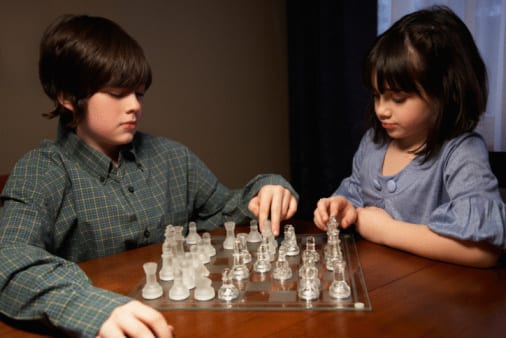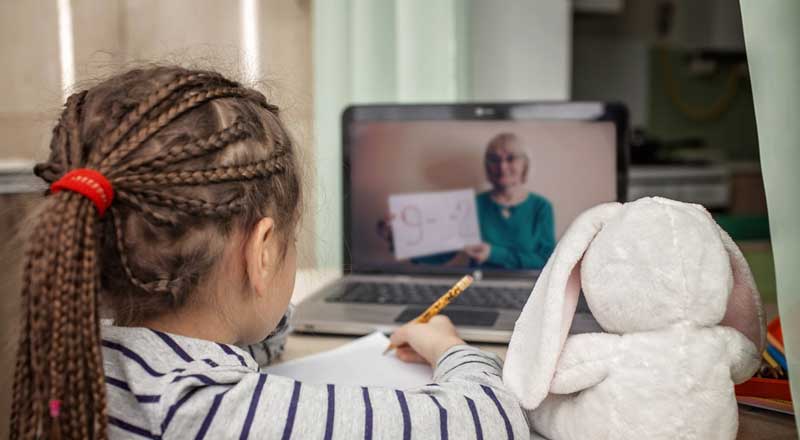 What are some options for after school activities for my child with autism? Is it a good thing to put him into typical after school activities?
What are some options for after school activities for my child with autism? Is it a good thing to put him into typical after school activities?
We have always believed in giving our child with autism plenty of opportunities to socialize. Social situations are hard our child and we feel that we should give him as much exposure as possible. He has become more comfortable in many situations but he still has a ways to go. He still has a tendency to learn things more or less “by rote.” He still struggles with how to act or react in a given situation as well as still needing prompts to initiate an interaction.
What about play dates as an after school activity?
Yes, of course, play dates can be arranged, but I do feel they are trickier with our kids. You have to be careful of problems with your autistic child not participating in a play date and even having behavior issues. If you can find a really good match for your child, and the other parent(s) understand that you are bringing a child with autism to the play date, then I saw have them.
We have never been big on play dates. Sometimes I feel like we avoid them because we’re just lazy but it’s more than that. When our child was receiving approximately twenty-four hours of services each week, there simply wasn’t a lot of time for them. We felt our child would be too focused on an object and not another child. We felt unless it was social skills group where facilitators are present in order to coordinate interaction, then it would be a waste of our child’s time. We were also afraid of having a play date and then watching our kid either ignore the other child or find a cool toy owned by the other child and completely become obsessed by it.
Around the time our child was in second grade, I began to look into other activities.
What did I find?
First, we enrolled our child into the after school care program that takes place on our campus. We signed up for three days a week – the days when he didn’t have social skills classes. We felt the after school program could give our special needs child an extended opportunity to mingle with typical kids. It was school-like and comfortable for our child and he didn’t have to go anywhere since the program took place on the school campus.
One advantage to the after school program is that ages are all different. Our child is no longer just interacting with kids his own his age. Now he has to interact with kindergartens as well as sixth graders.
Enrolling our child in the after school program, however, came with a hitch.
Our child was not good at interacting without an aide. He had a school aide but he had no one to directly help him during after school hours. The aide’s day ended when school was let out.
What did we do?
We asked our child’s regional center to fund an after school aide from 2:30 to 6 pm three days a week. To support our case, I asked his regular teacher and the after school teacher to write letters explaining why they felt our child would need the extra support during after school care.
The regional center approved our request and our child since has an aide to assist him during his after school program. We ask the aide to make sure our child works on his homework but, more importantly, to help him engage in social situations.
What about other activities?
During our child’s second year in an after school program, I enrolled him in a Legos Robotics class. My child was into playing with Legos at the time so I decided to play to his strengths. The class took place on a Monday on the same campus and was a day he was in after school care. His after school aide was able to take him to class.
A year later, our child got bored with the Legos class. It was around this time he developed an interest in chess. His school just happened to have an after school chess club and I enrolled him.
The problem with the chess club was that it took place on Wednesdays which was not a day our child went to his after school program.
What did you, as the parent, have to do?
First, our child had just enough time to squeeze in the chess club before he had his Wednesday social skills class.
Second, because class was on a Wednesday, he did not have his after school aide to accompany him to chess class.
This meant, I had to go to chess class.
Why did I have to go to chess class?
I wanted to make sure my child participated in class in an appropriate manner. This class was yet another environment with kids of all ages, and I didn’t want him getting distracted. I sort of had a fear of him not being well monitored.
Overall, our child did okay in the chess class. Yet, there were a few exceptions.
One day my child seemed to be literally bouncing around the chess room. It was within those transition minutes right after school but before chess class and I knew he was trying to regulate his body. He had a need to run around for a minute or so making his noises. I thought it was good for him to “get it out” before class.
On this day, however, two kids were watching my child and I heard one of them make a comment about my child’s “strange” behavior.
I was sure my child hadn’t heard the comment, but I had. I thought about what to do. Then, with my child safely out of listening range, I got close to the two boys and said something like, “(My child)’s body gets worked up sometimes and he has to calm it down. This is one way he does it.”
I always felt that my presence at my child’s chess class was necessary in order to assist with his behaviors. I felt I had to be his aide. I always would sit away from the class and work on my computer or read a book.
I would only step in when I felt my child was out of line with a comment, not listening to the instructor, or was distracted. On most days, I only had to say something once or twice. In the year and a half he attended chess, I can only think of one or two times when I had to pull him aside and really talk to him.
So, should I have said something to the two boys? My presence was consistent and I’m pretty sure these boys knew I was XXXX’s mother. They may have not intended for me to overhear their comments, but I had.
In the past, I have talked to my child’s peers about my son’s “strange” behavior in order to attempt to broker some kind of bridge for my child. I’m hoping that his peers will someday not see my child as the one who does “strange things” but rather the child who has to do some things that look a little strange but that help him.
What is my child doing now after school?
My child is about to begin an exciting class called, “Rocket Science and Astronomy.” He is really interested in the solar system so again we want to play to his strengths. He chose this class over the chess class, so I’m hoping it’s a hit!
We continue to throw as much as we possibly can at our child with autism. We feel practice always has value, whether things go well or go badly. There are always lessons to be learned. Even I learned a lesson about talking to his peers.
Our child struggles in social situations, what better way to help him to someday be more comfortable than to give him as much experience as possible? We feel it can only help.
To Find Kimberly Kaplan:
www.kimberlykaplan.com
www.smashwords.com or Amazon Kindle ebook “A Parents’ Guide to Early Autism Intervention”
Twitter: @tipsautismmom





